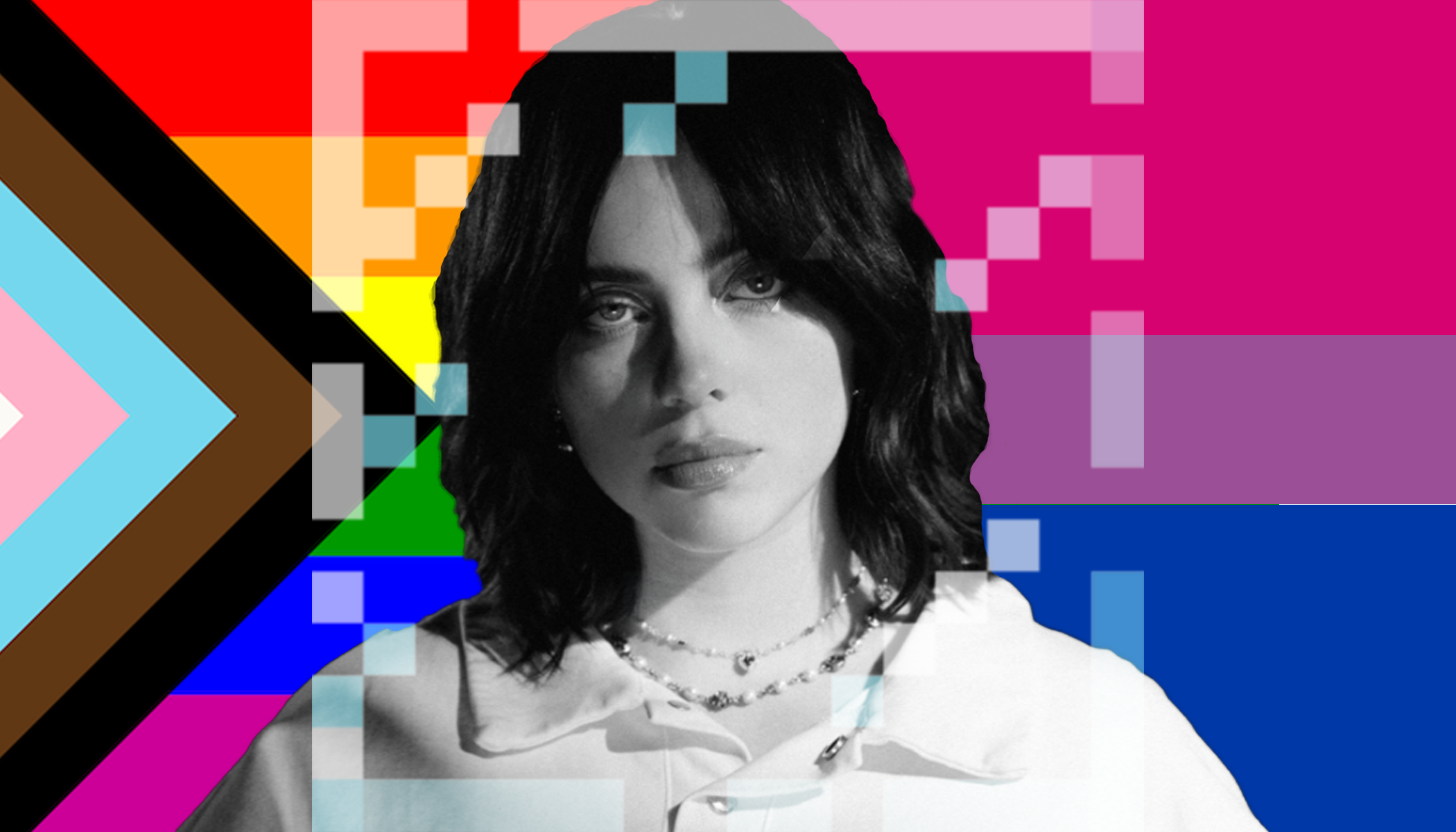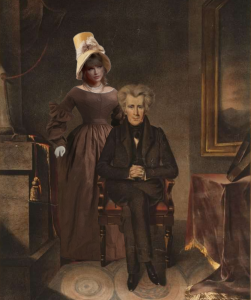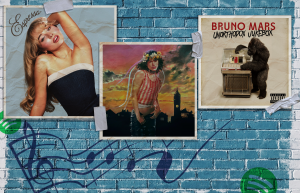
Billie Eilish has made headlines yet again. This time, not for her music, but her sexuality.
In a recent interview with Variety, the 21-year-old singer told the magazine that she’s physically attracted to women.
“I have deep connections with women in my life, the friends in my life, the family in my life,” Eilish said. “I’m physically attracted to them. But I’m also so intimidated by them and their beauty and their presence.”
Eilish authentically revealed her vulnerable war with womanhood, explaining a life-long struggle to resonate with her femininity.
“I’ve never felt like a woman, to be honest with you. I’ve never felt feminine. I have to convince myself that I’m, like, a pretty girl,” Eilish said. “I identify as she/her and things like that, but I’ve never really felt like a girl.”
Although Eilish avoids aligning with a label, this didn’t stop the internet from doing it for her. One comment expressed that the “closet was glass” or that it was a move that surprised “none of us queers.” Yet in the years prior to this interview, Eilish has faced teeming criticism including accusations of queerbaiting, a marketing technique in which one acts queer without explicitly coming out in order to co-opt the LGBTQ+ community for profit.
In June 2021, Eilish released a music video for her single titled “Lost Cause.” In the video, Eilish depicts sensual moments in bed at a slumber party with a group of girl friends. She was met with backlash after posting a promotion of the music video on Instagram captioned “i love girls.”
“Billie stop queerbaiting challenge,” said one user on X.
In 2019, the pop star received similar censure following the release of her debut album that featured the track, “wish u were gay.” Eilish clarified in an interview that the song was not meant to fetishize or embody queer identity.
Since her adolescence, Eilish has been in an uncomfortable spotlight where her body, sexuality and being are central to the conversation around her success.
While Eilish has displayed an inconsistent and ambiguous sexuality, it’s important that fans and the public remember the fluidity of gender and sexual orientation. For many queer people, early adulthood is often transformative and full of revelations around identity. However, Eilish’s celebrity status has convinced many that the artist owes fans a solidified label.
But she doesn’t. No one, celebrity or not, should be put in a position where they feel pressured to identify themselves for the world. Yet, many continue to use Eilish’s fame to deprive her of dignity.
While accusations of queerbaiting are meant to defend the queer community, they often do the opposite by making those on the receiving end feel insecure and uncomfortable in their identity. “Heartstopper” actor Kit Connor epitomizes this phenomenon, as he came out as bisexual earlier this month before expressing he felt “forced” to by the internet following accusations of queerbaiting.
Regardless of personal beliefs or opinions, it is imperative to abstain from passing judgment onto the cathartic journey to queerness that many celebrities face. So, enough with the speculation and chastise – even if the closet truly is made out of glass.




